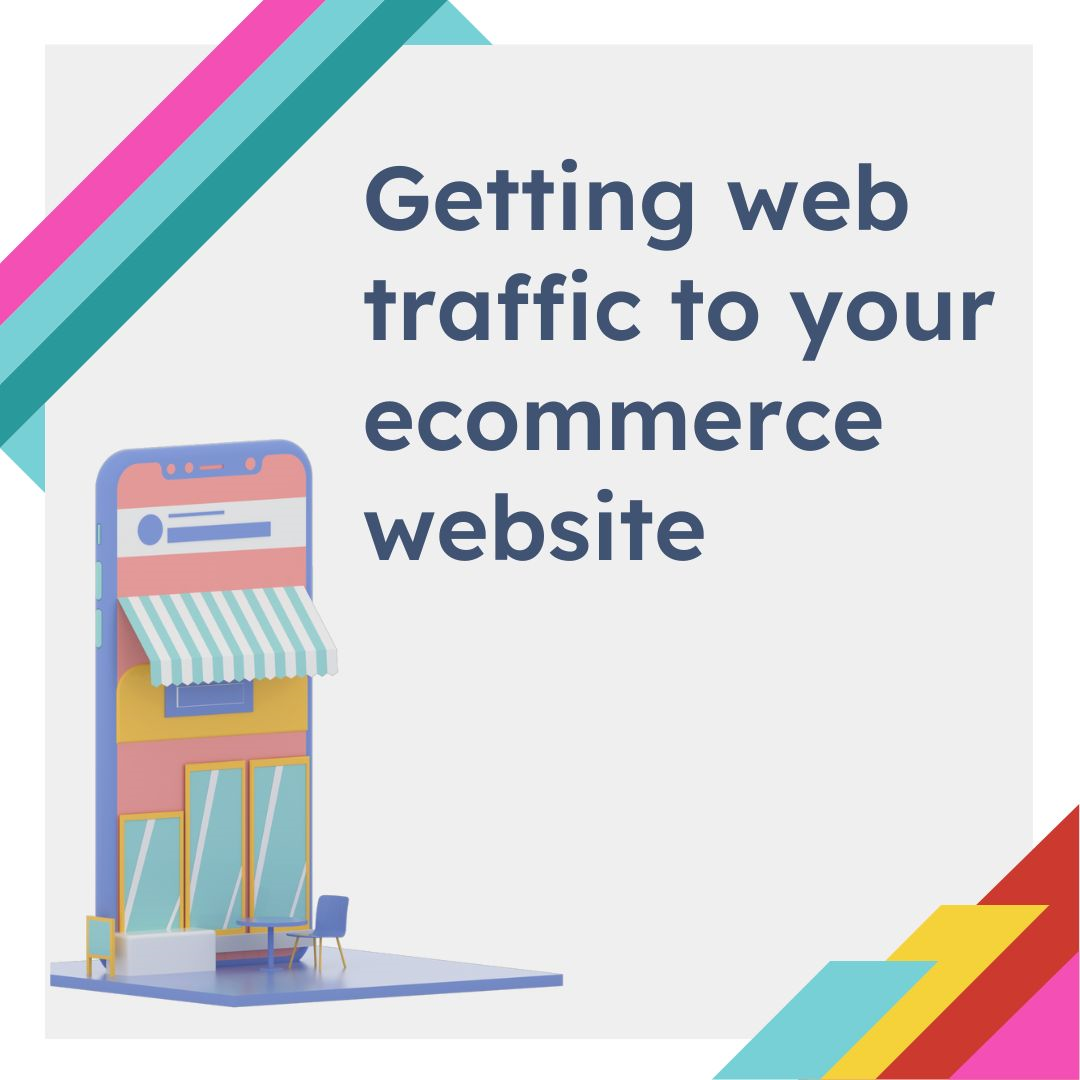Category: Social Media & Marketing
-
Google’s AI Overview: How It’s Transforming Search and Impacting Marketers
Google’s AI Overview feature marks a new era in search engine technology, reshaping how users interact with information and how marketers should approach SEO and content strategies. By delivering concise, AI-powered summaries of complex queries, the AI Overview offers users a quick understanding of a topic with links to relevant web sources. But what exactly…
Written by
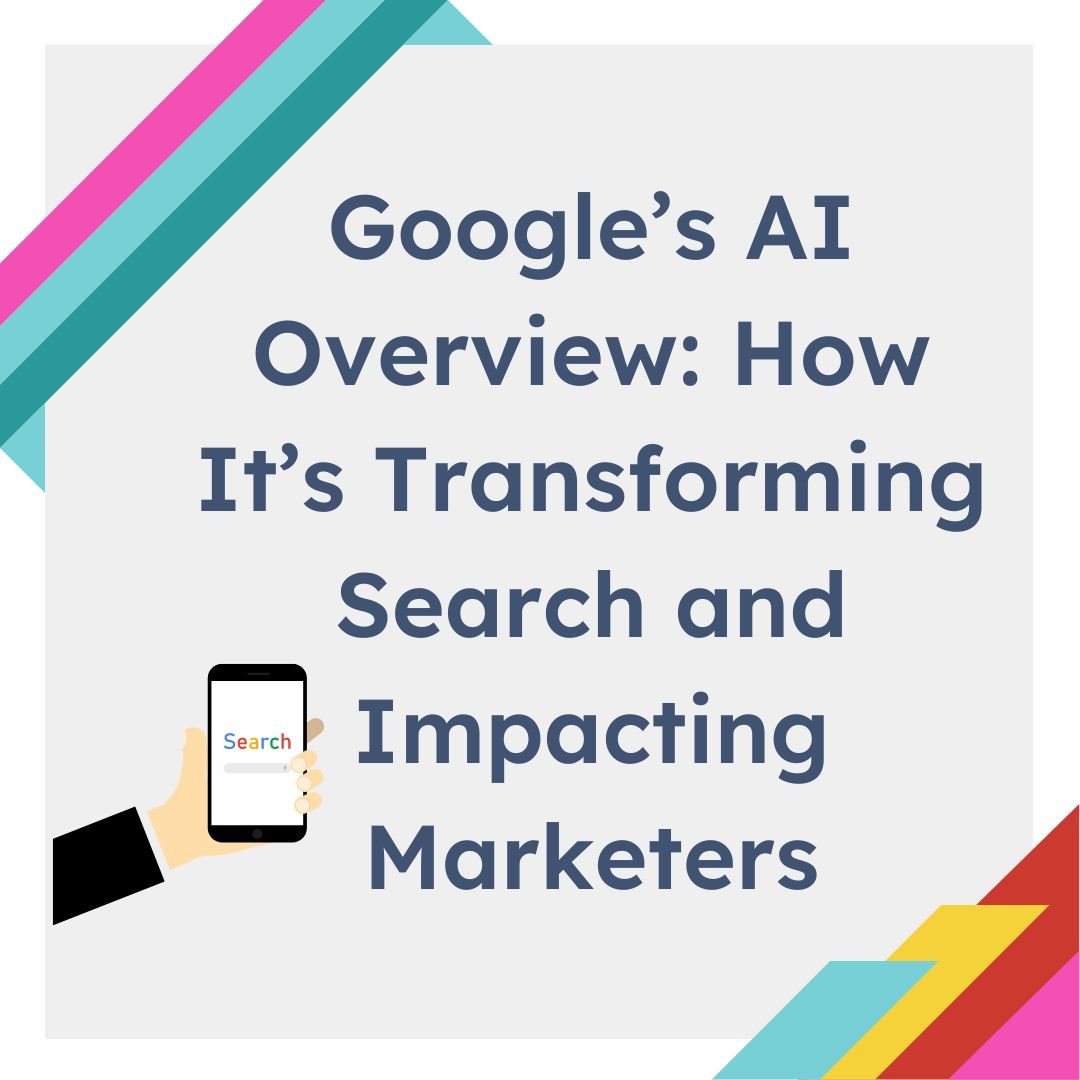
-
Introducing Studio2: The Creative Marketing Arm of Studioworx
We have some exciting news to share with everyone! Studioworx have created a dedicated space for its marketing services, with a new website that is optimised to showcase all our marketing efforts and services that we offer. Enter Studio2 – your partner for digital marketing excellence, with the same expertly skilled marketing team you all…
Written by
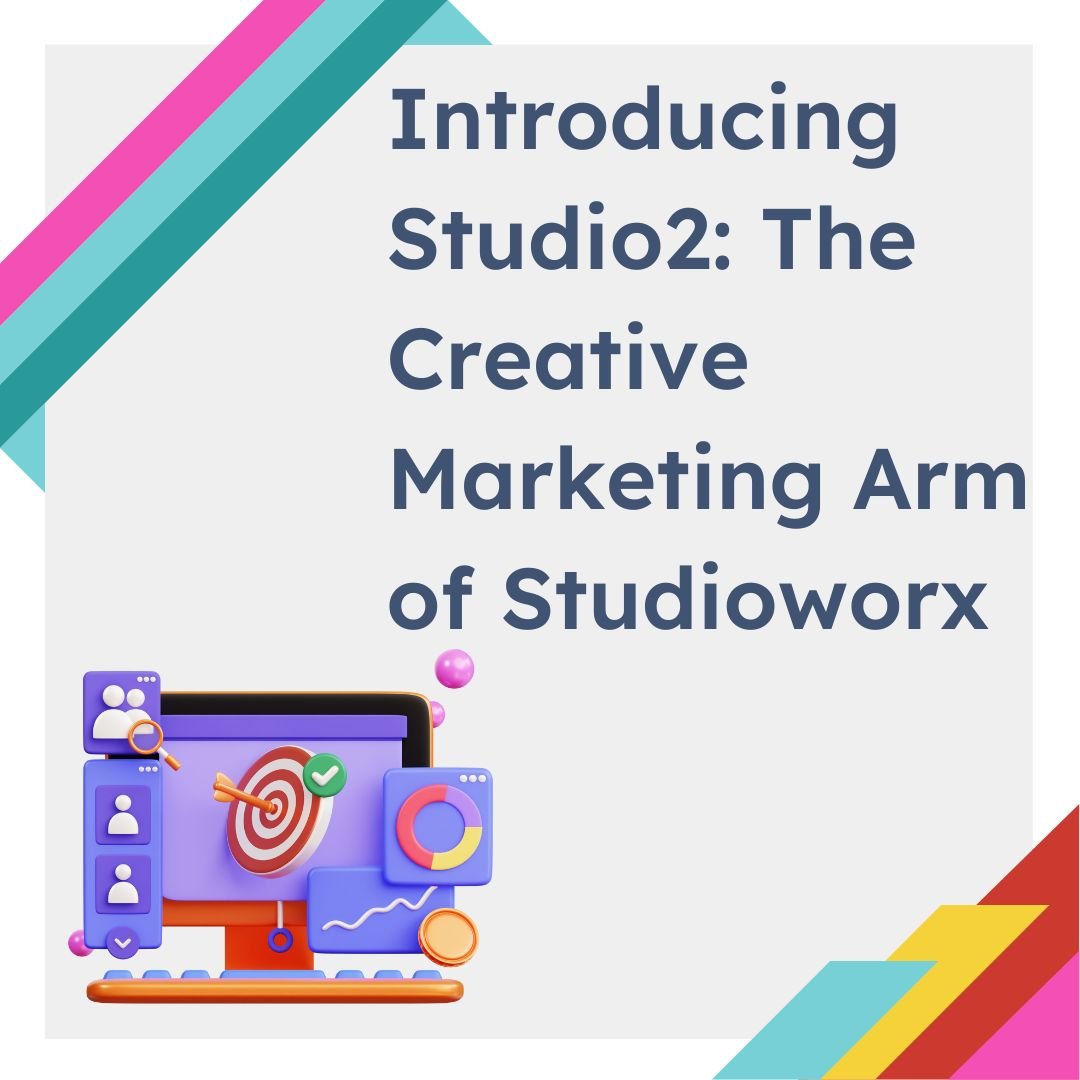
-
The Cookieless Future: Navigating the New Norm
The digital marketing landscape is on the cusp of a seismic shift as we approach a ‘cookieless future’. With privacy concerns driving the phase-out of third-party cookies, marketers are revaluating strategies that have relied on these tools for user tracking, ad targeting, and behavioural analysis.
Written by
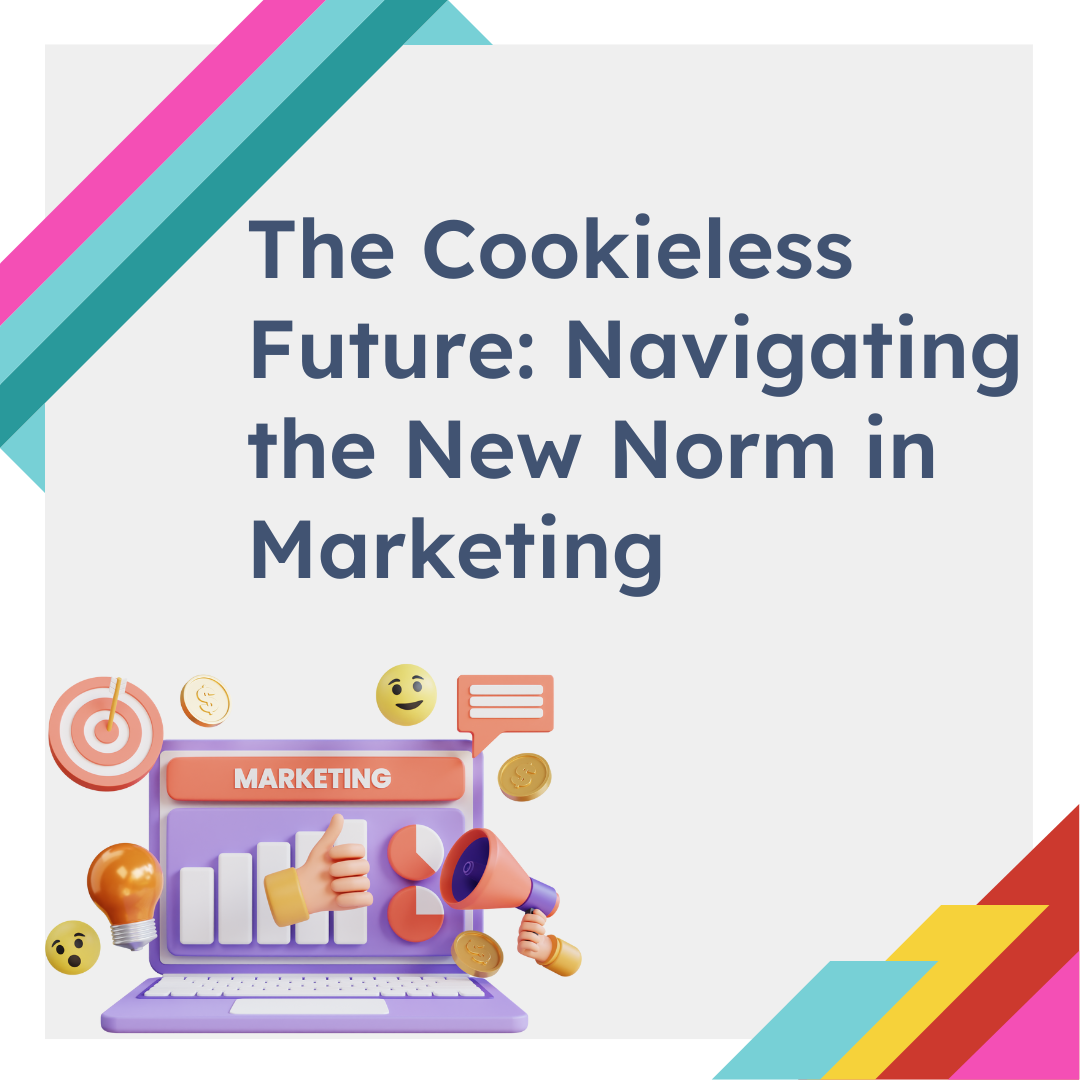
-
Strengthening B2B Strategy: Mastering Marketing Funnels for Business Sites
Best Practice Guides, Content & Lead Generation, Conversion & Auditing, SEO Services, Social Media & MarketingA B2B website is not just a gateway to services or a digital business card, but a reflection of the brand’s identity and a critical marketing tool. In the digital age, the first impression is often made online. Thus, a website that resonates with the brand’s ethos, values, and vision can significantly impact how potential…
Written by
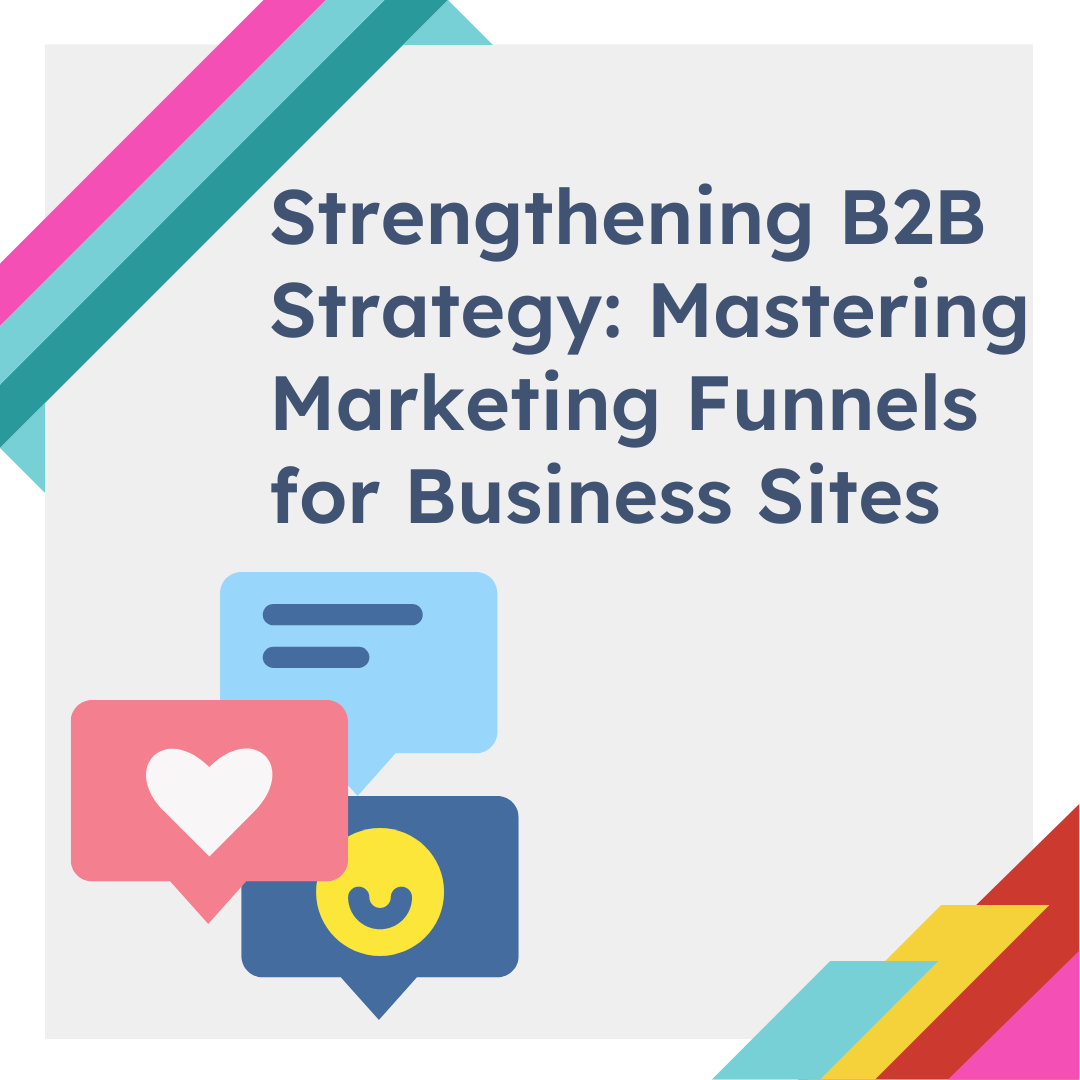
-
Leveraging Video Marketing to Enhance SEO
Best Practice Guides, Conversion & Auditing, Product and Services, SEO Services, Social Media & MarketingIn today’s digital landscape, businesses are constantly seeking innovative ways to boost their online presence and attract more organic traffic to their websites and one such innovation is utilising video SEO.
Written by
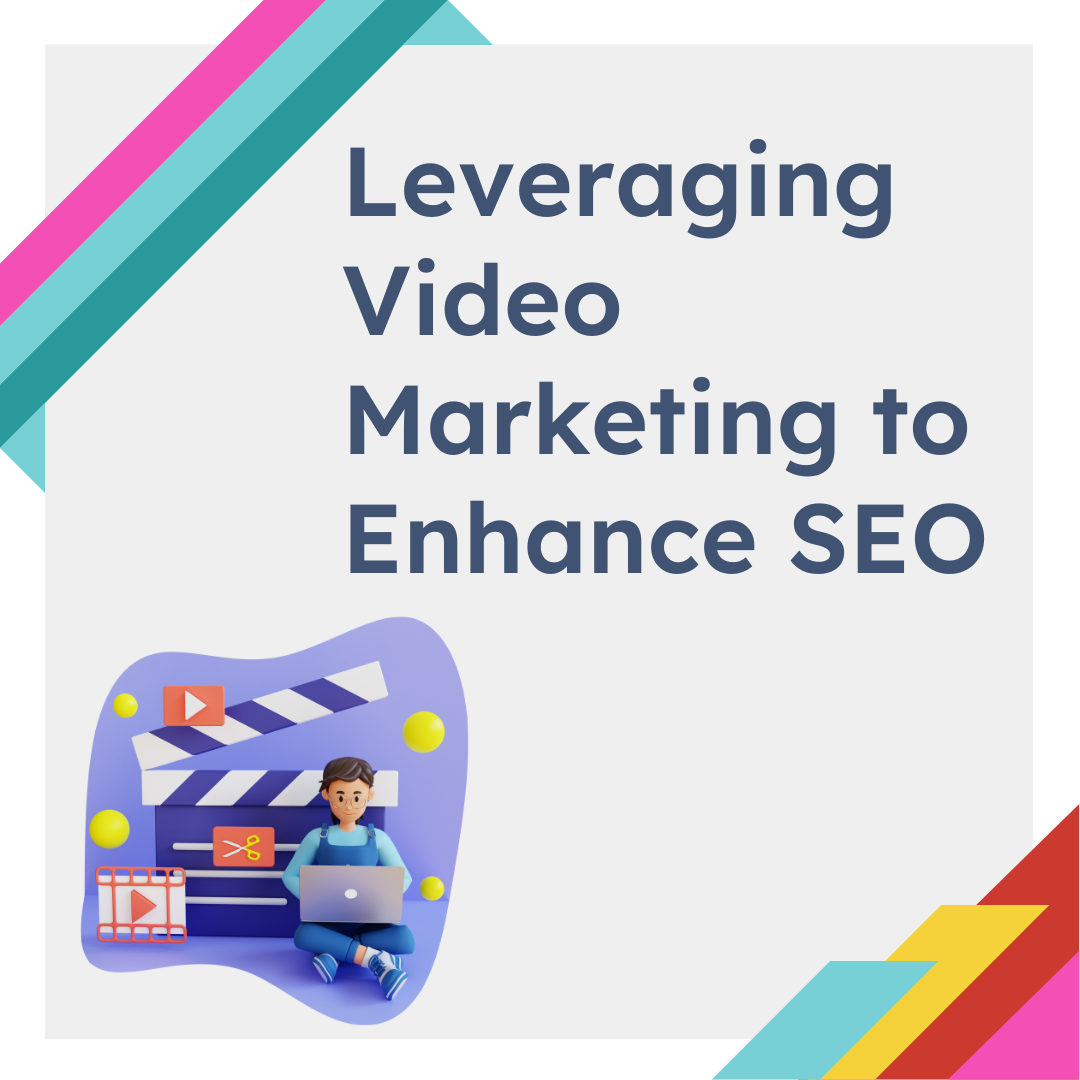
-
How to Build an Impactful Social Media Campaign
In the fast-paced world of digital marketing, social media has emerged as a game-changer. With billions of active users, platforms like Facebook, Instagram, Twitter, and LinkedIn offer unparalleled opportunities to connect with your target audience.
Written by
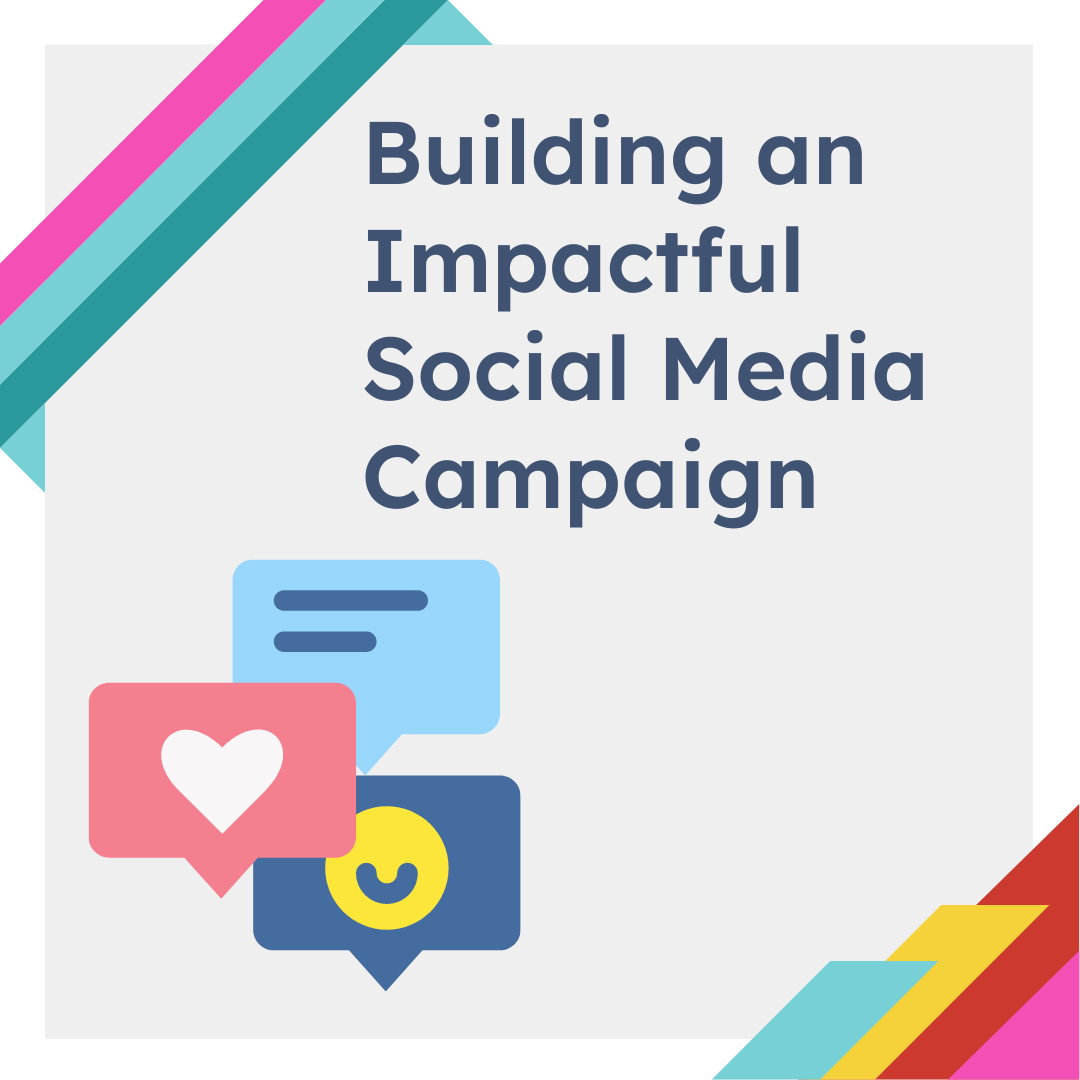
-
Maximizing Campaign Success with Google Ad Extensions
In the realm of online advertising, standing out from the crowd is crucial for achieving campaign success. Google Ads, one of the most popular advertising platforms, offers a range of powerful features to enhance the effectiveness of your campaigns.
Written by
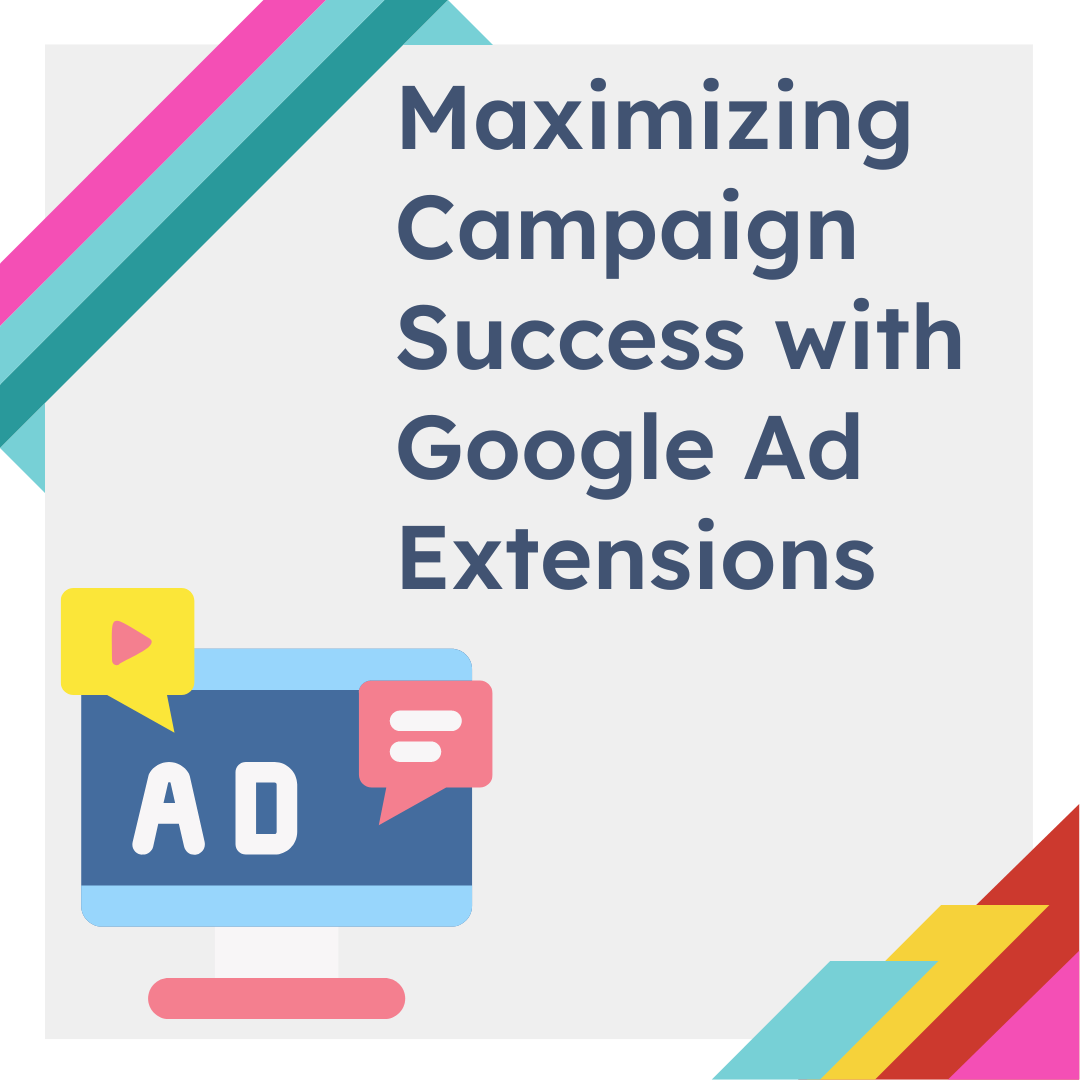
-
What is SEO and how do you improve it?
Best Practice Guides, Content & Lead Generation, Conversion & Auditing, SEO Services, Social Media & MarketingSearch engine optimization (SEO) is the process of improving a website’s ranking in search engine results pages (SERPs) allowing internet users to find your website more easily.
Written by
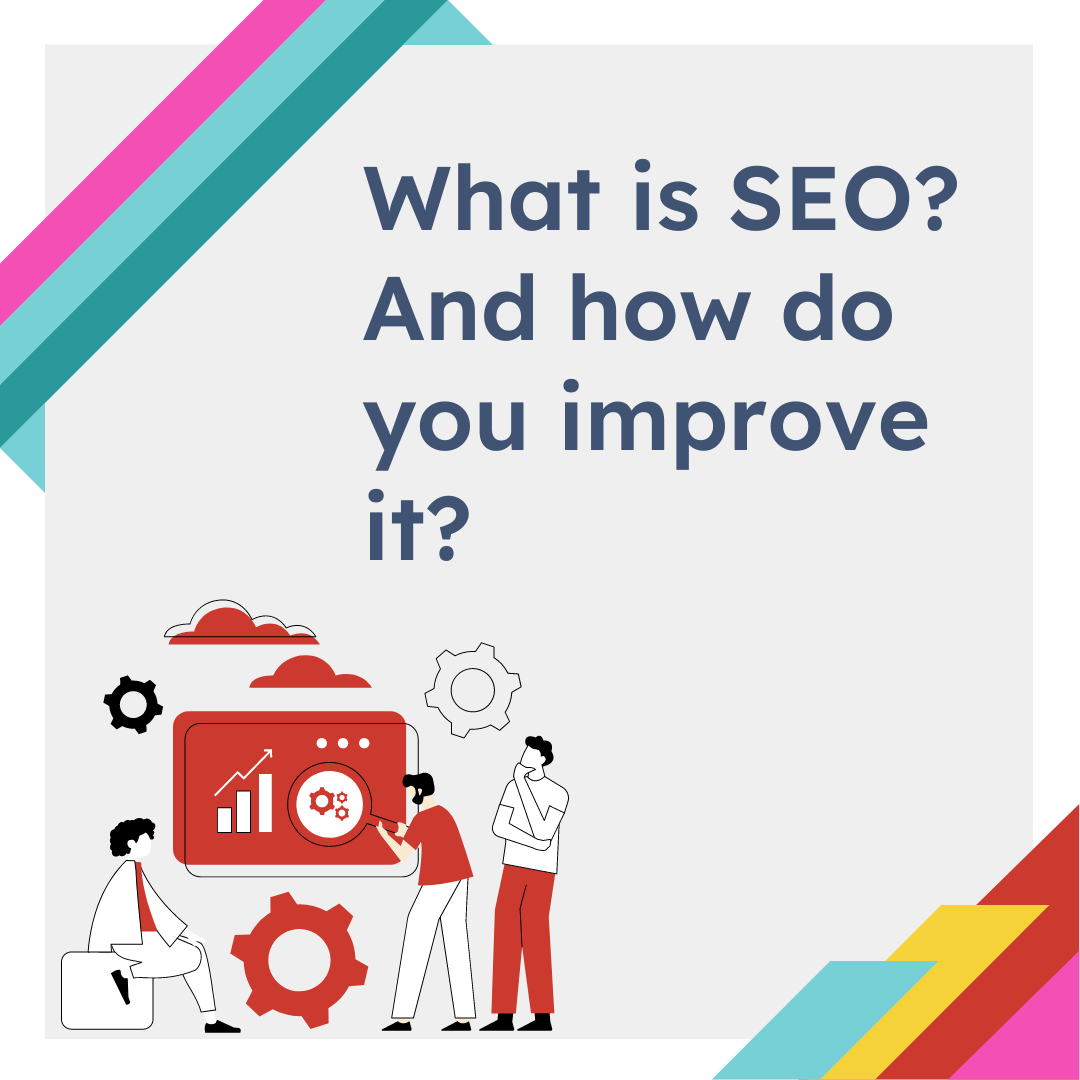
-
How to Calculate Email Marketing ROI
Email marketing is one of the most effective and cost-efficient marketing channels available but to maximize your ROI, you need to track your results and measure your success
Written by
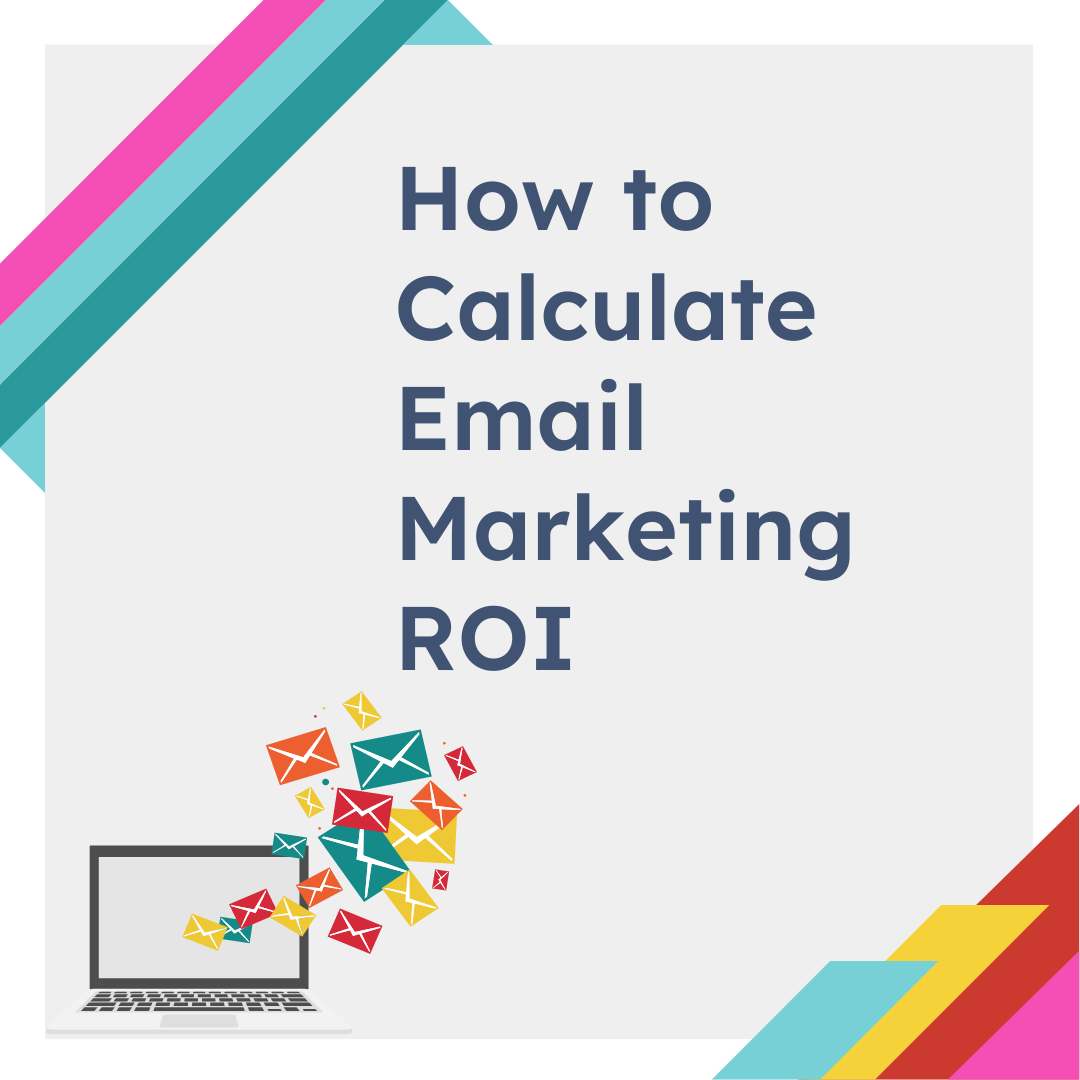
-
How to get More Traffic on your Ecommerce Website
Running an ecommerce store, you know how important it is to sell more products on your website. After all, a website which converts traffic could be the difference between becoming a booming success or stagnating with your competitors.
Written by
